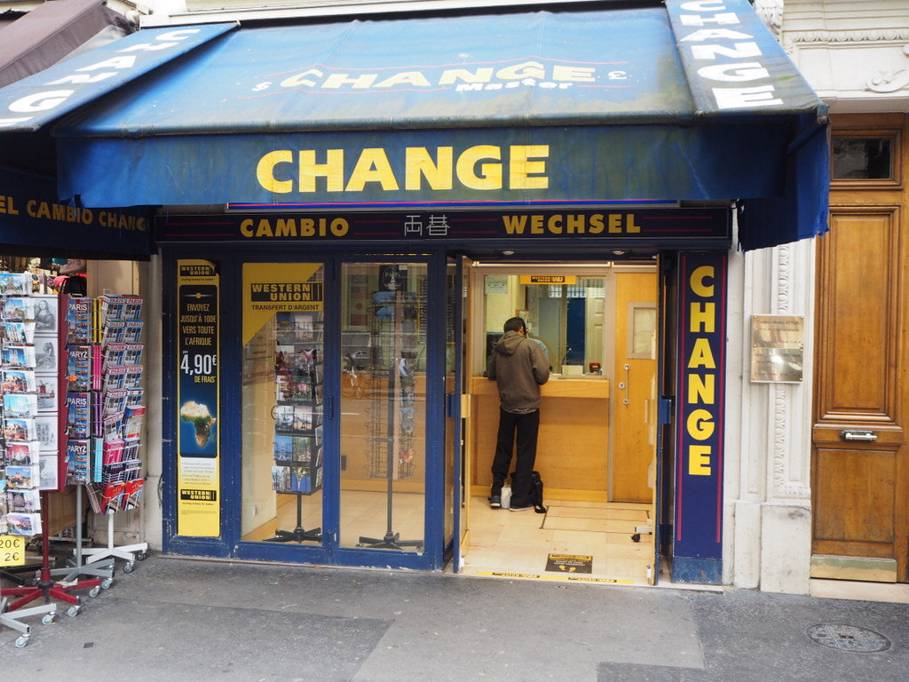
This session seeks to interrogate the variegated relationships between spatial mobility and social mobility in societies in the Global South.
Relationships between migration and development have received substantial attention in recent years, notably foregrounding the salience of remittances at the household level (Carling 2008; Clemens and Ogden 2014; de Haas 2006). Scrutinizing the ways in which migration interacts with development processes, one conclusion appears to be that migration is an integral component to social change, whereas its exact functions and dynamics are highly context-dependent (de Haas 2010; Sana and Massey 2005; Skeldon 2014). Meanwhile, there also appears to be some potential for moving the understanding of relationships between spatial mobility and social mobility further, especially by juxtaposing analyses built on the specifics of particular contexts, and through constructive dialogue between different strands of scholarship.
This session's engagement with relationships between spatial mobility and social mobility in the Global South, draws on scholarship at the intersections of geography, development and migration studies (de Haan 1999; Gibson et al 2010; Rigg 2007). Hence building on work which has explored the roles that migration plays in livelihood pathways for individuals and families (Myroniuk and Vearey 2014; Rigg et al 2014; Rigg 2007), some of which foregrounds the roles of education, intertwined with migration, for social mobility (Boyden 2013; Smith et al 2014). It also draws inspiration from the field of youth studies, especially in African contexts, where the interplay of spatial and social mobility emerges as crucial (Gough 2008; Langevang and Gough 2009).
In Africa, much as in Asian societies, urbanization is perhaps the most crucial process whereby spatial mobility and outcomes regarding quality of life and future prospects interact, making cities a crucial avenue for research (Gough et al 2015). Interrelated with urbanization, the rise of 'new middle classes' in African and Asian contexts, is receiving attention, where spatial mobility also matters (Page and Sunjo 2017). The multi-locality of livelihoods themselves is a further dimension of relationships between spatial mobility and social mobility, which merits attention (Thieme 2008; Schroder and Stephan-Emmich 2016); and associated with this, sustained transnational ties which migration might lead to, among other involving a potential insurance mechanism through remittances, as protection to various shocks (Mazzucato 2009).
For the purposes of this session, spatial mobility is understood to include rural-to-urban migration, internal and international migration, whether regionally or further afield. Social mobility, in turn, is understood in contextual, emic terms, as improvement, in terms of quality of life, the realization or promise of prospects for life, including but not limited to securing material wealth. Different units of analysis are of relevance, including individuals and families, notably with a lens sensitive to gendered dimensions, but also neighborhoods, communities, or cities. With appropriate data available, national level analyses, distinguishing between differing types of spatial mobility, and their connections with various economic outcomes, are important in order to better understand patterns at an aggregate level.
Papers addressing the challenge of 'interrogating relationships between spatial mobility and social mobility in the Global South', submitted for this session, might focus on – but need not be limited to – e.g.:
- exploring the roles (and non-roles) which migration – past, and present – plays in the emergence of 'new middle classes' in Asia and Africa
- exploring how education plays a role in quests for social mobility, where spatial mobility might also come into play
- comparative analyses of the interplay of spatial mobility and social mobility, between several contexts
- longitudinal intergenerational analyses of the interplay of spatial and social mobility in extended families (and/or housheolds) over time
Please send abstracts (200 words) together with name and institutional affiliation to: marta@prio.org
Deadline for abstracts: Wednesday 7 February
Notification about acceptance will be circulated by Monday 12 February
Session organiser: Marta Bivand Erdal, Research Professor, Peace Research Institute Oslo (PRIO)
This session is sponsored by the Population Geography Research Group.





